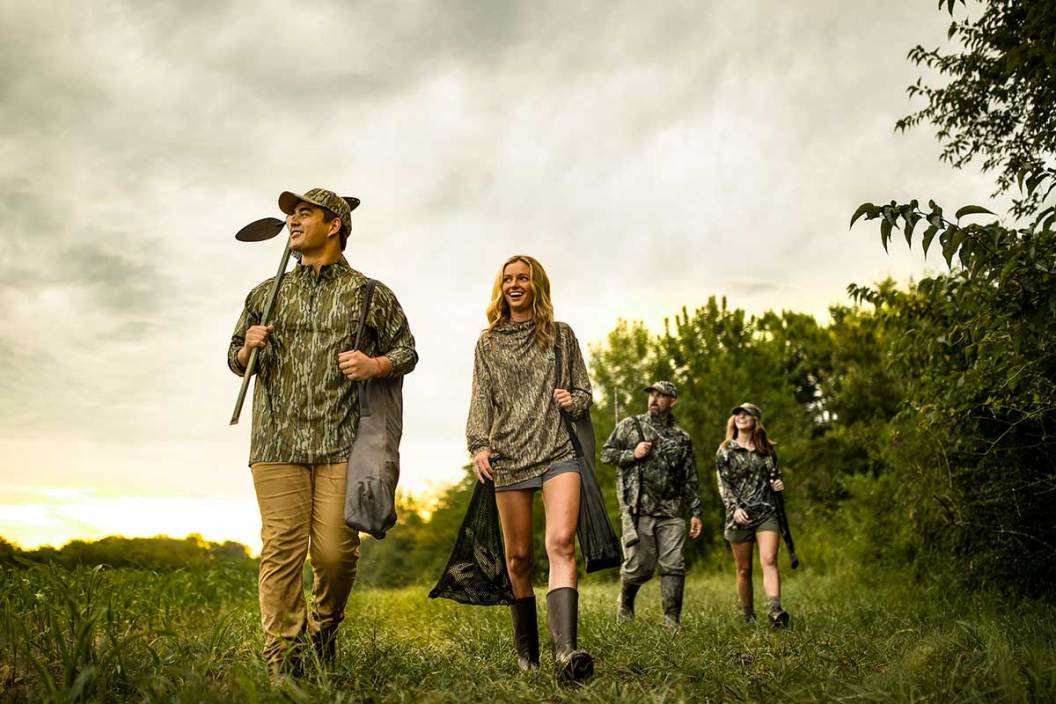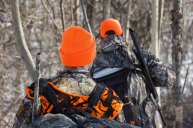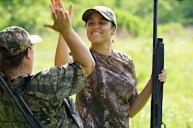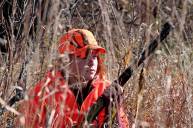Have you ever wanted to try out hunting but you're not sure where to start? There are hundreds of how-to articles out there, along with videos and more. If you're confident enough, you can always do your own research and make it work when you finally out there. It's certainly not unheard of. In reality, though, you're not going to know the nuances of habitat and game behavior without a lot of boots on the ground experience. Many of the world's would-be DIY hunters just end up frustrated. Going it alone is admirable, but there's a better way. Hunting mentors can help any novice learn the ropes fast and easily.
Mentors play a crucial role in educating new hunters out in the field and they are one of the most effective tools in the whole R3 movement, which promotes the recruitment, retention, and reactivation of hunters, anglers, and sport shooters. Having said that, mentors can be a bit difficult to track down. Many experienced hunters who are open to mentoring will probably be super busy throughout a season. It's best to look for a mentor well before the season is upon you. Regardless of when you start looking, here are some other tips that will help.
Where to Find a Willing Hunting Mentor
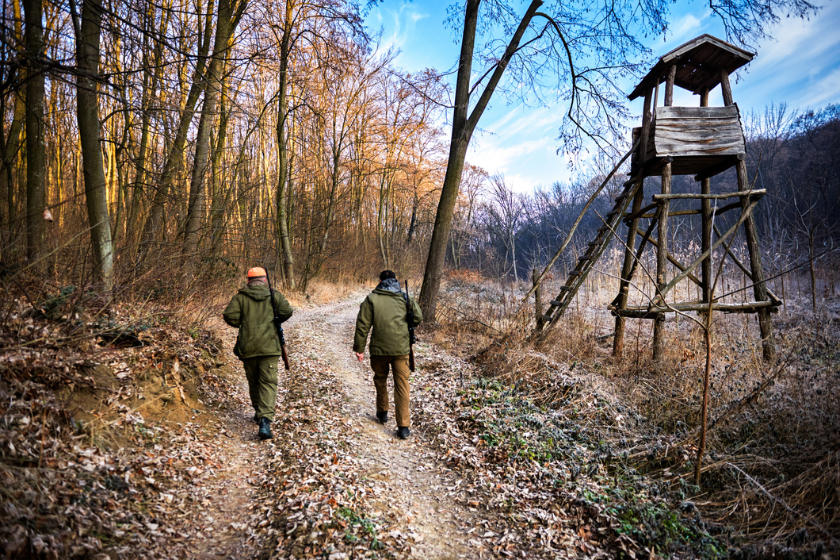
Joining a local hunting organization chapter is great start, but don't expect everyone to jump at a chance to take the new guy out to their favorite hunting grounds. Plenty of hunters frequent chapter meetings right before the season kicks off in hopes that they can get some invites or tips on where to hunt without putting the work in. Then they never show up again. Don't be that person. Show up regularly and volunteer from time to time. Members will see that you're serious. Then when you put the word out that you're looking to be mentored, you'll have better standing.
You'll find some hunters are willing to be mentors to curious and inexperienced onset hunters, and others aren't. You need to be okay with that. Be patient, be kind, and always be gracious.
Be Prepared
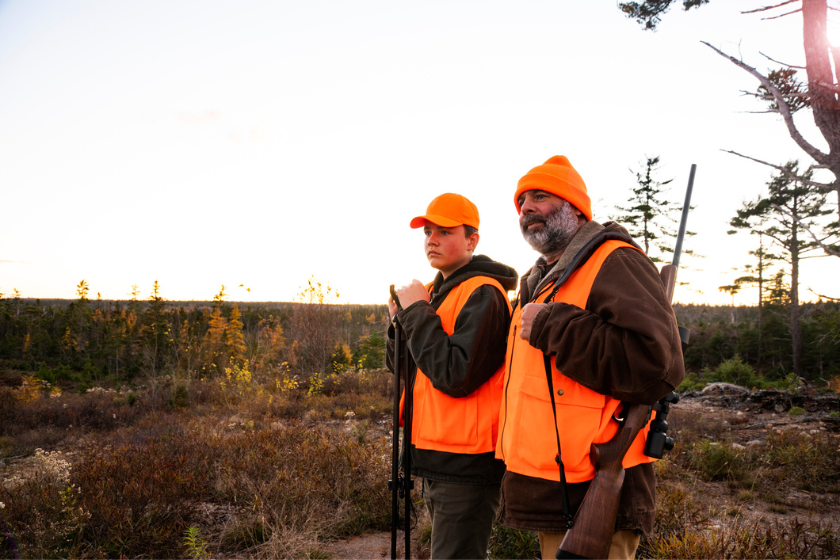
Mentors can help even before you get to the woods. The best way to avoid buying super expensive gear that winds up unideal for the hunting you intend to do is to secure a mentor and get some good advice. Much of your gear is an investment and you want to make sure that you have the best gear for the job. Give yourself plenty of time to secure the essential gear that your mentor suggests, and make sure you have ammo well before the season starts or risk scrambling later.
Being physically fit is often overlooked. You don't need to be in triathlon shape, but you need to be in good enough shape to hike for a few hours and climb a hill or two. If there are physical restrictions, this should be communicated with your mentor so that adjustments can be made. It's a good idea to also hit the shooting or archery range a few times to become proficient with your gun or bow. Nothing sucks worse than not knowing how your gun functions, or missing a shot because you didn't get enough practice at the range.
Be Willing to Learn
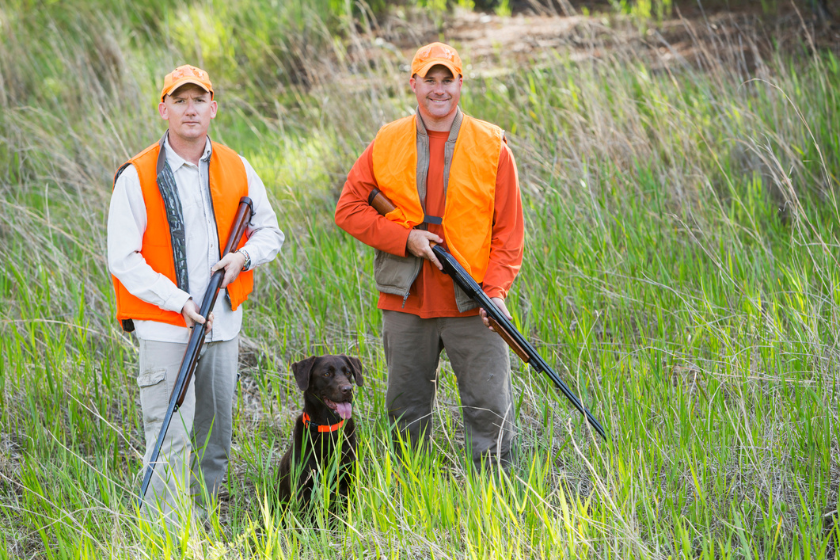
If you're being mentored, your ego should be left at home. Having too big of an ego and being unwilling to make yourself vulnerable is the death of learning. Go into being mentored with curiosity and openness. Nothing makes a mentor more willing to teach than someone who is willing to learn and is open to productive criticism. No one expects you to be perfect and you are going to make mistakes, so make peace with that now. Your mentor should have a lot more experience than you, so listen and do what they say as long as you feel safe and comfortable. Listen. Communicate. Learn. Then apply what you learn.
Perfection is not required, but a positive attitude is. Hunting is not about bagging game or limiting out, especially not on your first venture out. Hunting is about the journey and the camaraderie. Tagging out or having a heavy game bag is just a bonus.
Your hunting mentor is likely going to take you to some prime locations to get into some game. This brings up an important trust factor, and comes with a strong reminder. If I show you a spot, that is sacred. I put in the time, effort, and gas money to find these spots. Bringing someone else is an act of trust. Don't break that trust by returning later and blowing it up, or blabbing about it to other hunters. There is no quicker way to lose a mentor's trust. If you want to return to that spot by yourself, shoot your mentor a call and ask if they would be okay with it. It's not law, but it is definitely an unwritten rule, and certainly good etiquette.
Gratitude Goes a Long Way
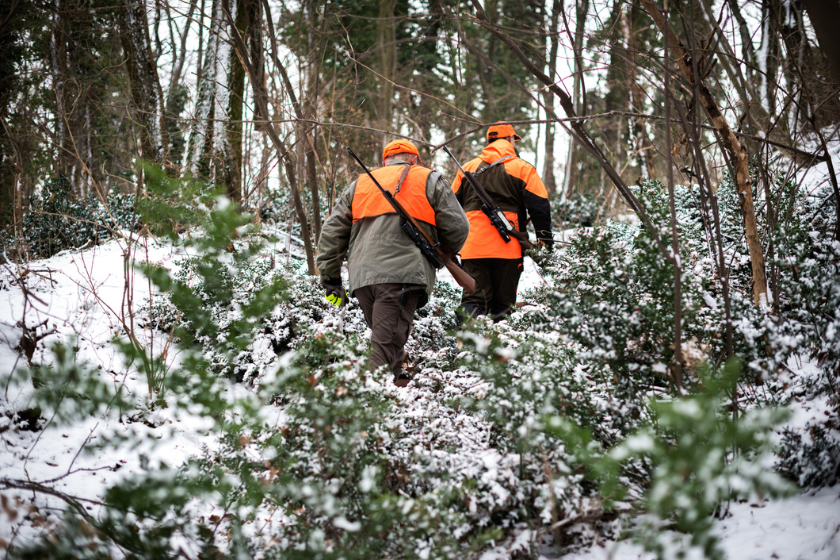
I don't think most hunting mentors become mentors because of the accolades; I've yet to receive my placard for mentoring. But I do get satisfaction from knowing that I have had a hand in teaching new generations of hunters. Be sure to show gratitude by saying thank you.
Offer to drive. Pay for the gas. Make an extra burrito or sandwich for your mentor. A bottle of whiskey doesn't hurt, but it will likely get you invited out for another hunt. Again, these things are not required, but the gestures do not go unnoticed. If anything, just being thankful and gracious is enough. After all, no one pays a mentor to do what they do, yet they sacrifice precious time out in the field.
Pass It On. Pay It Forward.
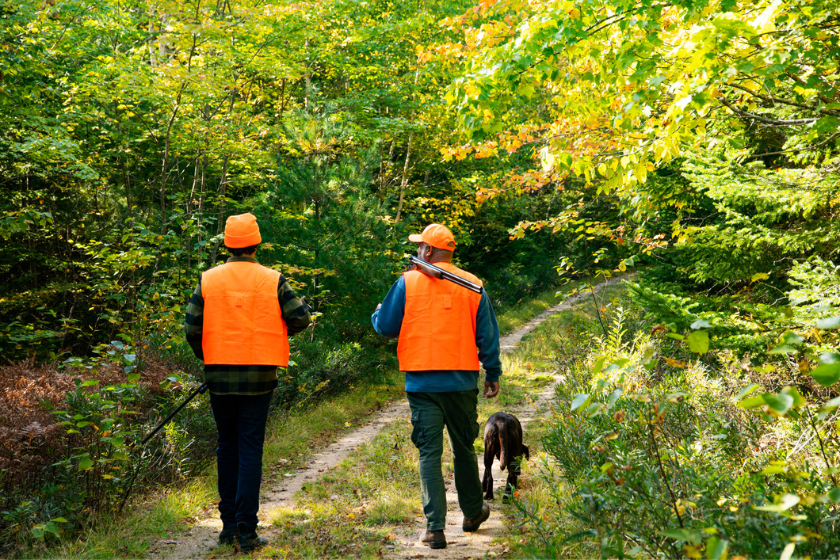
Once you find a hunting mentor and you spent a couple of seasons under their tutelage, can you consider yourself a full-blown hunter? There's one way to find out: Go out and hunt yourself! Duh!
As you leave your mentor behind on solo excursions and you gain more experience, you might recall those days where you were a young greenhorn, not knowing a single thing about hunting until your mentor came along. You love hunting now. It's your passion. But what's next? Pass on the passion, my friend. The kindness that your mentor showed you should be paid forward. Now it's time to progress in your own journey and when the opportunity shows itself, you should become mentor to a new hunter yourself. Keep the tradition and heritage of hunting alive is the most important thing we can do. Show your mentor the ultimate respect by passing on their legacy in a new mentee. When it comes full circle, you'll understand.
